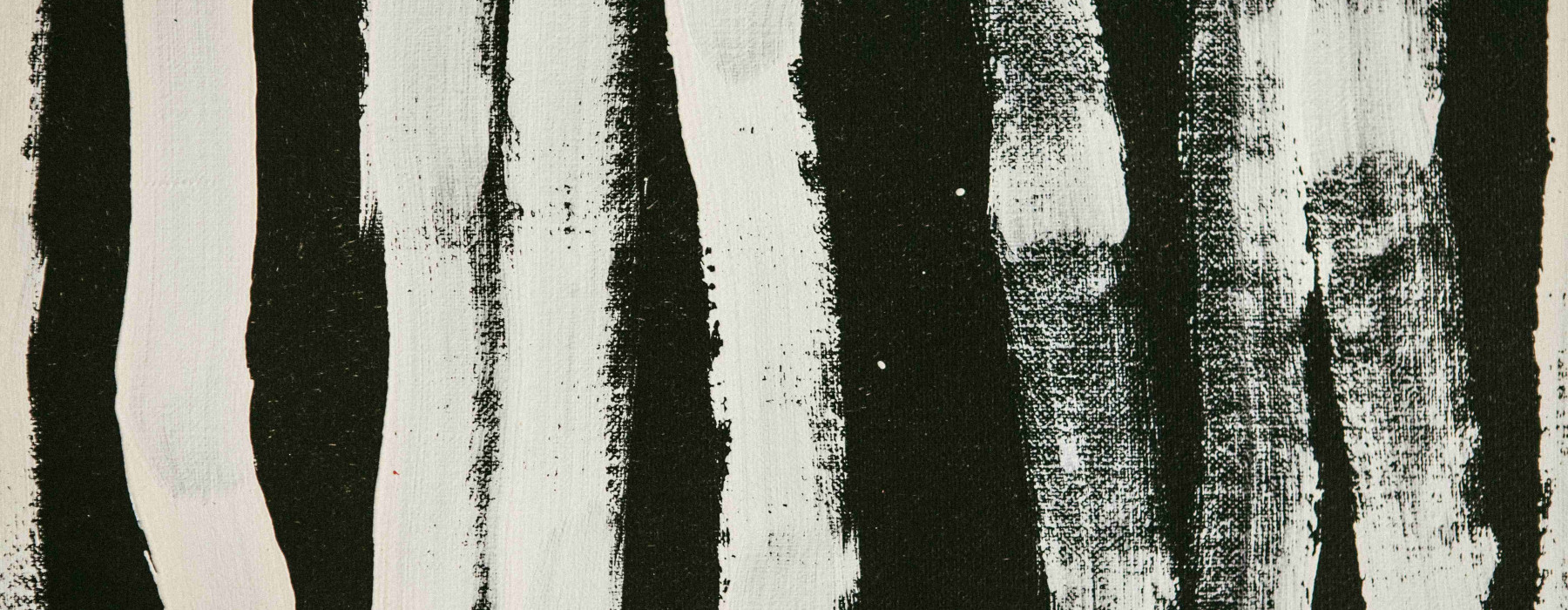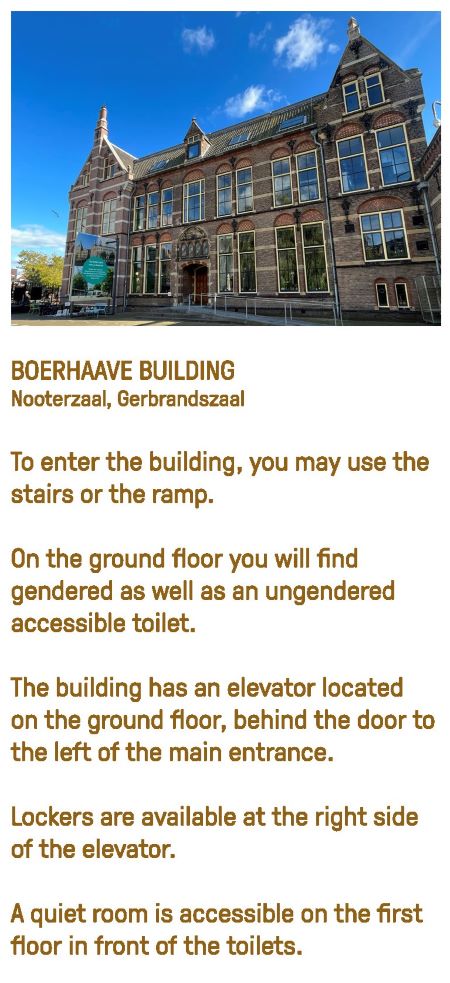
In Martinique, the Békés form the white elite, whose ancestors were slave owners. Still structured today according to a strict principle of racial endogamy, this group has maintained its elite position through successive reconversions in the face of changes threatening its socio-racial supremacy. Demands for remembrance and reparations are the latest obstacle facing this white elite. The aim of this talk will be to show how the Békés are managing to counter this adversity of memory which calls for justice and recognition, by investing in the field of art. The wealthiest among them have indeed established art as a powerful tool designed to defuse the conflictual charge of the discourse of memory. Through prestigious museum institutions, contemporary art that denounces and challenges the status quo is thus appropriated in order to erase the content of social relations historically divided by the slave trade system. The aim is to understand this mechanism of power, in which the act of “exhibiting” amounts to “erasing”. The museum thus appears as a machine for fabricating consent. By allowing the deployment of a ‘decolonial’ artistic discourse in a very limited space, the patronage strategies of the white elite open up the broader possibility of preserving an old colonial order.

